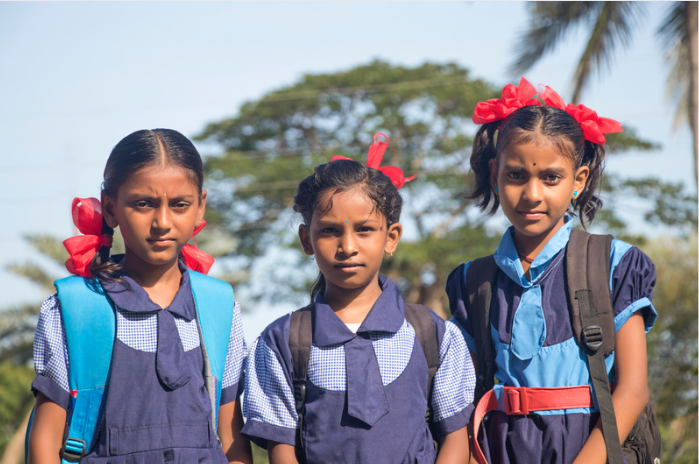
Education is often hailed as a powerful tool that can transform lives, bridge inequalities, and unlock opportunities. However, for students hailing from mountainous rural backgrounds, the pursuit of education is riddled with unique challenges that can significantly hinder their academic journey. In this article, we will explore the various struggles faced by these students and shed light on the efforts needed to alleviate their hardships.
- Geographical Isolation and Limited Access to Schools
Mountainous rural areas are often characterized by rugged terrain and remote locations. This geographical isolation poses a substantial barrier to education. Many students must traverse difficult paths, often on foot, to reach the nearest school. Harsh weather conditions, inadequate infrastructure, and the absence of proper transportation make the journey even more daunting.
- Inadequate Infrastructure and Facilities
Schools in mountainous rural regions often lack basic infrastructure and facilities. Classrooms may be poorly constructed, lacking proper lighting, ventilation, and sanitation facilities. The absence of modern teaching aids and technology can hamper the quality of education students receive, limiting their exposure to a broader range of learning experiences.
- Shortage of Qualified Teachers
Recruiting and retaining qualified teachers in remote mountainous areas is a significant challenge. These regions might not offer the amenities and opportunities that teachers from urban areas are accustomed to. As a result, students in these areas may not benefit from the same level of instruction and guidance as their urban counterparts.
- Limited Educational Resources
Access to educational resources such as textbooks, reference materials, and libraries is often restricted in mountainous rural areas. This lack of resources hinders students’ ability to explore subjects in depth and develop a well-rounded understanding of various topics.
- Socioeconomic Constraints
Mountainous rural communities are often economically disadvantaged, with limited job opportunities and access to essential services. Many families struggle to afford the costs associated with education, including uniforms, school supplies, and transportation expenses. This economic burden can lead to early dropouts and prevent students from pursuing higher education.
- Cultural and Linguistic Barriers
Cultural and linguistic diversity can be both an asset and a challenge in mountainous rural areas. Students from indigenous communities might face language barriers when transitioning to a formal education system conducted in a different language. Moreover, the curriculum might not reflect their cultural realities and experiences, leading to disengagement and a sense of alienation.
- Lack of Awareness about Educational Opportunities
Limited exposure to information about scholarships, vocational training, and higher education options can hinder students’ aspirations. Many students may not be aware of the various paths available to them beyond basic schooling, limiting their potential for personal and professional growth.
- Environmental Vulnerabilities
Mountainous regions are often prone to natural disasters such as landslides, earthquakes, and heavy snowfall. These environmental vulnerabilities can disrupt the regular functioning of schools and pose risks to students’ safety, making consistent attendance and learning a challenge.
Conclusion
The struggles faced by students from mountainous rural backgrounds underscore the urgent need for comprehensive and targeted interventions to ensure equitable education opportunities. Governments, NGOs, and educational institutions must collaborate to improve infrastructure, teacher recruitment, and resource availability. Efforts to promote inclusive curricula, address linguistic diversity, and raise awareness about educational prospects can empower these students to overcome their challenges and contribute meaningfully to their communities and society at large.
Contact us for Guidance and Counseling:
Disha Guidance and Counseling
+91 9719146010, 05946-354582


